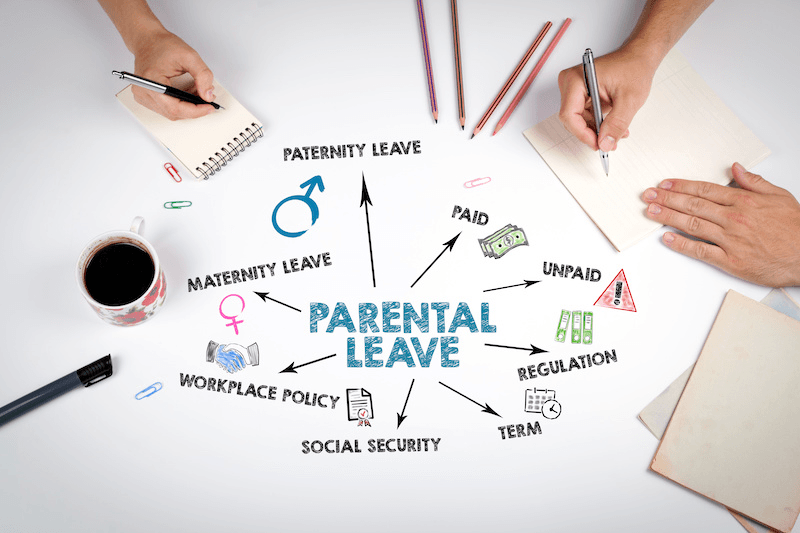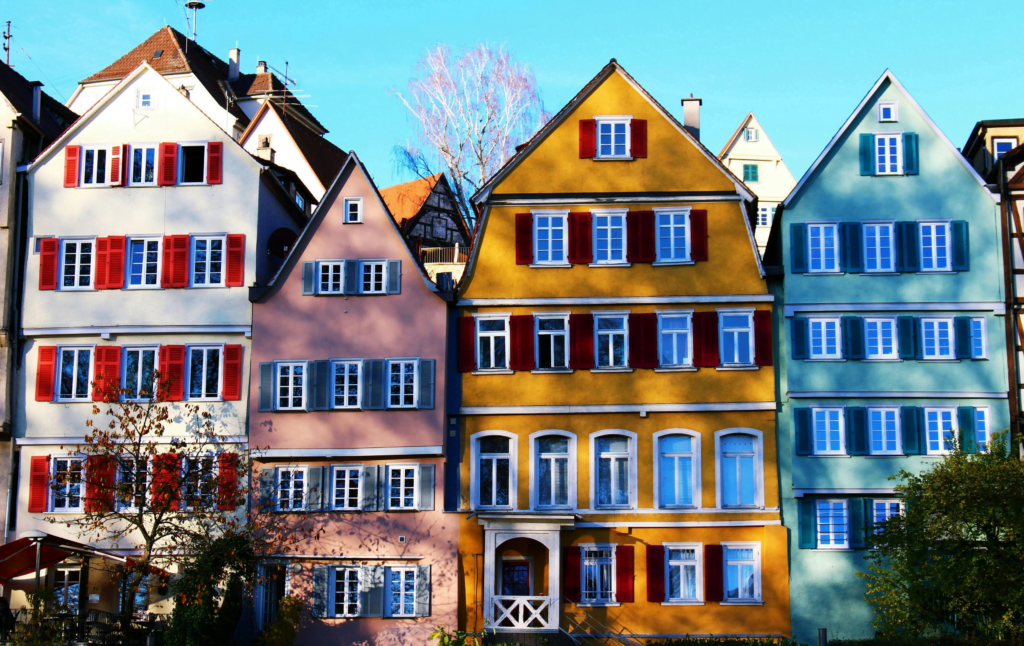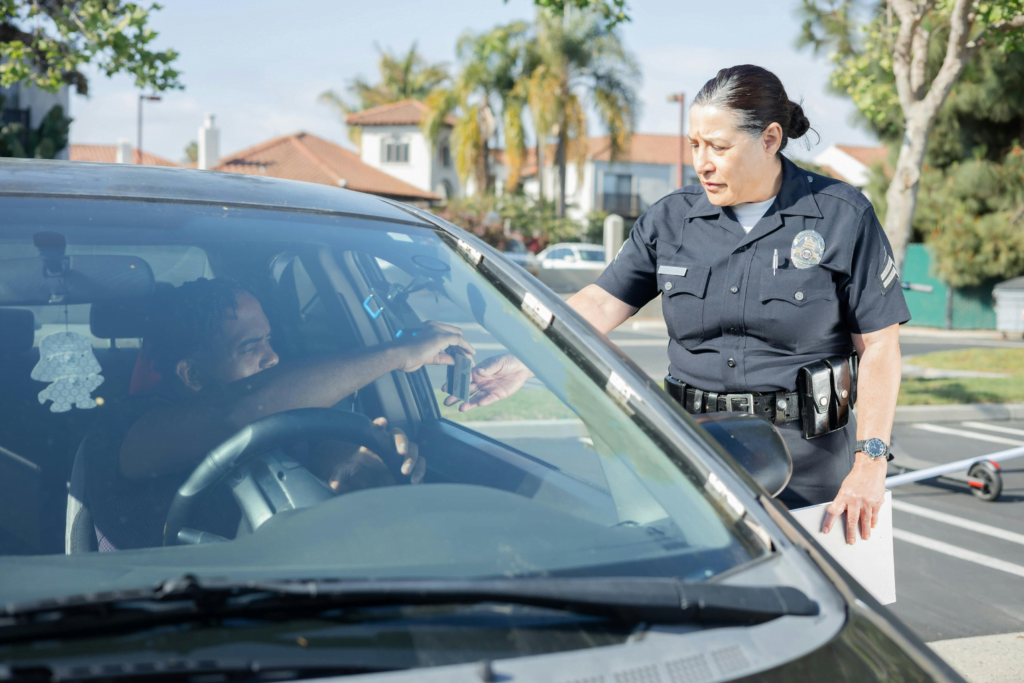
Germany is known for its strong social welfare system, and one of the key aspects of this is the parental leave (Elternzeit) policy. Parental leave in Germany provides new parents with the opportunity to take time off work to care for their newborns, without having to worry about their job security. Understanding how parental leave works, the benefits it offers, and the rules surrounding it can help parents make the most out of this valuable time. In this article, we will dive deep into the details of parental leave in Germany, exploring the rights, responsibilities, and financial support available to parents.
Overview of Parental Leave (Elternzeit) in Germany
Parental leave, or Elternzeit, allows parents in Germany to take time off from work following the birth or adoption of a child. This leave can be taken by either or both parents, and it is available until the child turns three years old. The aim of parental leave is to give parents the flexibility to care for their children while maintaining job security.
One of the significant aspects of German parental leave is that it can be taken by both parents simultaneously or consecutively. This flexibility allows families to create a work-life balance that suits their individual needs. The law ensures that parents can return to their jobs after the leave, either full-time or part-time, without any negative consequences.
Eligibility for Parental Leave
To be eligible for parental leave in Germany, a few conditions must be met:
- The parent must have an employment contract in Germany. This includes all employees, regardless of whether they work full-time, part-time, or on temporary contracts.
- Parents must notify their employer at least seven weeks before the start of their parental leave.
- Both biological and adoptive parents are eligible for parental leave.
Foreign nationals who are legally working in Germany can also apply for parental leave, provided they meet the above conditions.
Duration of Parental Leave
Parents in Germany are entitled to a maximum of three years of parental leave per child. This period can be split between the parents however they wish, and it can be taken all at once or spread out over multiple periods.
Flexible Leave Options:
- Up to 24 months of the parental leave can be postponed until the child is between the ages of three and eight. This option allows parents to save a portion of their leave for later, such as when their child starts school.
- If both parents decide to take time off simultaneously, they can split the three years between them or take some months together.
This flexibility enables parents to adjust their work schedules to accommodate their growing child’s needs and manage their household responsibilities effectively.
Parental Allowance (Elterngeld)
While on parental leave, parents are entitled to receive parental allowance (Elterngeld), a government-funded benefit that helps families financially during this period. Parental allowance is designed to replace a portion of the income lost when parents take time off work to care for their child.
Types of Parental Allowance:
- Basic Parental Allowance (Elterngeld Basis): This benefit is paid for a maximum of 14 months, and parents can split this period between themselves. For instance, one parent can claim the allowance for 12 months, and the other parent can take the remaining two months. The minimum duration for which a parent can receive this allowance is two months. The amount ranges from 300 to 1,800 euros per month, depending on the parent’s previous income.
- Elterngeld Plus: Elterngeld Plus is designed for parents who wish to work part-time while receiving parental allowance. It allows parents to extend their benefit period up to 28 months. However, the monthly amount received will be lower than the Basic Parental Allowance, as it is spread over a more extended period. Elterngeld Plus can be particularly beneficial for parents who want to return to work gradually.
- Partnership Bonus (Partnerschaftsbonus): If both parents work part-time for at least four months simultaneously, they may qualify for an additional four months of Elterngeld Plus. This bonus is aimed at encouraging shared parental responsibilities and improving work-life balance for both parents.
How Parental Allowance is Calculated
Parental allowance is calculated based on the income of the parent who applies for it. The allowance replaces a portion of the parent’s previous net income, with lower-income families receiving a higher percentage of income replacement.
- For most parents, the allowance replaces 65% to 67% of their previous income.
- Low-income parents (earning less than 1,000 euros per month) may receive a higher replacement rate, up to 100%.
- High-income parents (earning more than 1,240 euros per month) will receive a lower percentage, with the maximum cap being 1,800 euros per month.
Parents who were not working prior to taking parental leave (e.g., students, unemployed) are entitled to a minimum parental allowance of 300 euros per month.
Part-Time Work During Parental Leave
Parents in Germany are allowed to work part-time (up to 30 hours per week) while on parental leave. This is a great way to stay connected to your job while still having ample time to care for your child. If you decide to work part-time, you will still be eligible for parental allowance, but the amount will be adjusted based on your earnings during this period.
Job Security During and After Parental Leave
One of the primary benefits of parental leave in Germany is job security. By law, employers cannot terminate a parent’s contract during their parental leave. Additionally, parents have the right to return to their previous position or a similar role within the company after their leave ends. This protection ensures that parents can take time off work without worrying about their job prospects.
Requesting a Part-Time Position:
Parents who want to return to work gradually after their parental leave can request a part-time position. If the company has more than 15 employees and the parent has been employed for at least six months, they have the right to request part-time work. Employers must accommodate this request, provided it is reasonable and does not interfere with the company’s operations.
Parental Leave for Fathers
In Germany, both mothers and fathers are encouraged to take parental leave. While it is still more common for mothers to take the majority of the leave, an increasing number of fathers are also opting for time off to spend with their children.
To encourage fathers to participate in child-rearing, the government introduced the concept of “Vatermonate” (father months), which offers two additional months of parental allowance if the father takes at least two months of parental leave. This incentive has led to more fathers taking time off to bond with their children, and it promotes more equal sharing of childcare responsibilities.
Parental Leave in Case of Multiple Births or Adoption
The rules for parental leave and parental allowance also apply to parents of twins, triplets, or more. However, parents of multiple children receive additional financial support, as they are entitled to an extra parental allowance bonus for each additional child (300 euros per month for each child).
In the case of adoption, parents are entitled to parental leave from the date the child is placed in their care. The leave period works the same way as for biological parents, lasting up to three years.
Important Deadlines and Application Process
To apply for parental leave, parents must inform their employer seven weeks in advance. This notice must be provided in writing, and it should specify the duration and exact dates of the planned parental leave.
For parental allowance, parents must apply through the relevant local parental allowance office (Elterngeldstelle). The application can be submitted after the child’s birth, but it is advisable to prepare the necessary documents in advance to ensure a smooth process. Documents required include proof of income, the child’s birth certificate, and details of employment.
Conclusion
Germany’s parental leave and parental allowance system provides a well-structured framework for parents to take time off and care for their children during the crucial early years. With flexible leave options, financial support, and job protection, parents are empowered to find a balance between family and work life. By understanding the eligibility criteria, benefits, and procedures, parents can make the most of these opportunities and enjoy the rewarding experience of raising a child with fewer financial concerns.


